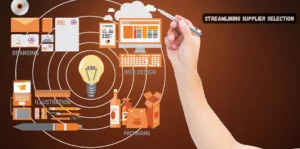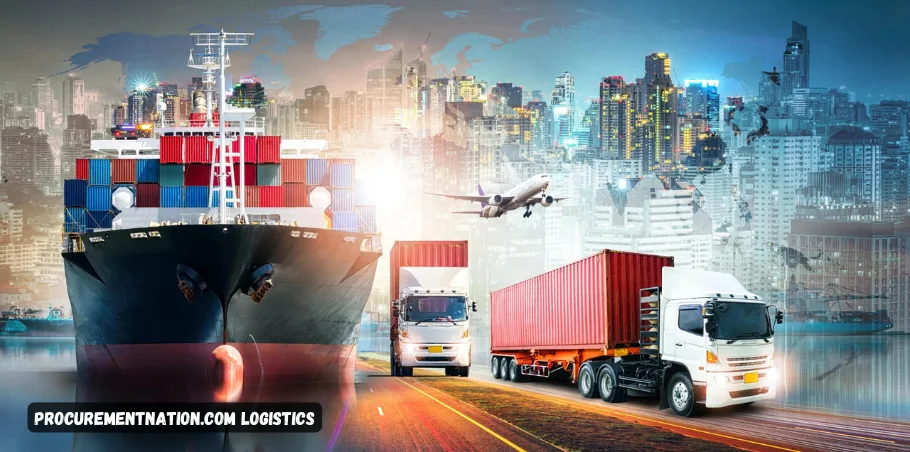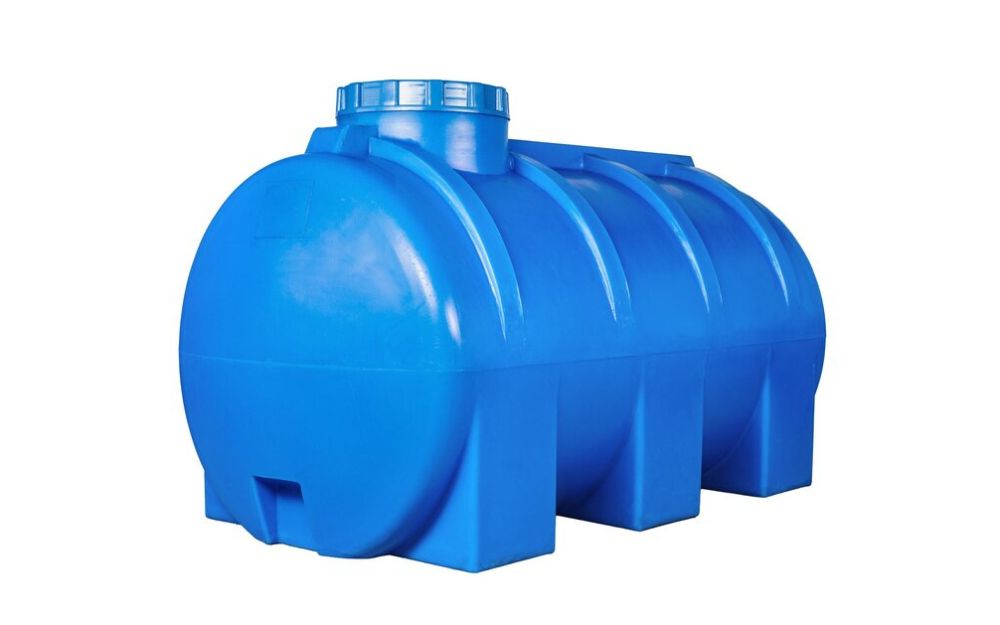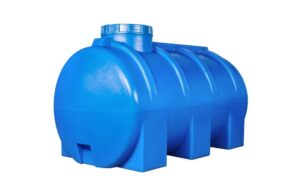Essential Components and Strategies for Effective procurementnation.com logistics
In today’s rapidly evolving business world, procurement and logistics have become central pillars of efficient supply chain management. While procurement focuses on the acquisition of goods and services, logistics deals with their transportation and storage. Together, they create a streamlined flow that helps businesses meet customer demands efficiently. For professionals seeking to navigate this complex arena, ProcurementNation.com serves as a comprehensive resource, providing valuable insights, tools, and connections within the logistics procurement sector.
What is Procurement in Logistics?
Procurement in logistics is about more than just acquiring goods. It’s the strategic process of sourcing materials and services necessary for a business to operate smoothly. Logistics procurement involves determining the best suppliers, negotiating contracts, and securing the best prices. This process impacts everything from production costs to customer satisfaction.
How Procurement Differs in Various Industries
Procurement and logistics are critical in every sector but vary significantly by industry. For example, procurement in the healthcare sector involves strict regulations for sourcing medical equipment, while in the tech industry, it focuses on high-speed supply chain delivery for electronic components. Each industry requires a tailored approach to logistics procurement, adapted to meet specific standards and demands.
The Role of Logistics in Procurement
In procurementnation.com logistics, the logistics team plays a pivotal role by managing transportation, warehousing, and distribution. This ensures that the procured goods reach their destination on time and in the right condition. By doing so, logistics directly supports the procurement team’s objectives by ensuring smooth delivery and reducing bottlenecks in the supply chain.
Core Responsibilities in Logistics
Procurementnation.com logistics includes responsibilities such as inventory management, supplier coordination, and maintaining product quality during transit. Each step helps achieve a seamless flow from supplier to end customer, emphasizing efficiency and reliability.
How Logistics Supports Procurement Goals
Logistics aids procurement by providing valuable data on transportation costs, lead times, and warehousing capabilities. This data-driven approach helps the procurement team make informed decisions on sourcing and budget allocation, maximizing operational efficiency.
Why Procurement and Logistics are Essential for Business Success
Today, businesses operate on razor-thin margins, where even minor inefficiencies in procurement or logistics can lead to substantial financial losses. Together, procurement and logistics optimize the supply chain, minimize costs, and enhance the customer experience.
Cost Management
Efficient procurementnation.com logistics enables cost control by negotiating favorable contracts with suppliers and securing competitive transportation rates. A well-planned procurement strategy can save a company thousands, if not millions, annually.
Efficiency in Supply Chain
Logistics and procurement work hand in hand to streamline the supply chain. With optimized routes, minimized inventory costs, and reduced lead times, companies can better meet customer demands and stay competitive in their market.
The Evolution of Procurement in Modern Logistics
Procurement and logistics have transformed over the decades, adapting to globalization, e-commerce, and technological advancements. While procurement was once a simple buying function, it has evolved into a strategic process crucial to business success.
Historical Perspective
Historically, procurement logistics was limited to local suppliers. However, with the advent of globalization, companies began sourcing internationally, leading to complex logistics challenges and more intricate supply chain dynamics.
Current Trends in Logistics Procurement
Today, trends such as just-in-time inventory and digital supply chain management have become integral to logistics procurement. Companies are increasingly leveraging data and technology to forecast demand, manage inventory, and optimize procurement decisions.
Key Components of Logistics Procurement
Logistics procurement involves crucial elements like transportation, warehousing, and inventory management, all essential for efficient supply chain operations. Transportation ensures goods reach their destination on time, while warehousing provides secure storage until products are needed. Effective inventory management helps maintain optimal stock levels, reducing costs and ensuring availability when demand arises.
Transportation and Delivery
Transportation plays a crucial role in logistics procurement, determining how goods move from supplier to buyer. Efficient transportation not only minimizes costs but also ensures timely delivery, which is essential for customer satisfaction.
Warehousing
Warehousing is another core component, involving the storage of goods until they are ready to be distributed. Effective warehousing management reduces the risk of inventory loss, enhances product quality, and improves overall supply chain efficiency.
Inventory Management
Managing inventory effectively helps reduce storage costs and ensures that products are available when needed. This includes tracking stock levels, forecasting demand, and optimizing order quantities.
How Technology is Revolutionizing Procurement Logistics
Technology is at the heart of modern logistics procurement, transforming how businesses handle sourcing, delivery, and inventory.
AI and Machine Learning in Logistics
AI and machine learning analyze vast amounts of data to improve decision-making in procurement. For instance, predictive analytics can forecast demand trends, helping procurement managers make better purchasing decisions.
Automation and Robotics in Warehousing
Automation reduces human error and increases efficiency in warehousing. From robotic picking systems to automated sorting, robotics is making logistics procurement faster and more accurate.
Sustainability in Procurement Logistics
In recent years, sustainability has become a key priority in procurement logistics, with companies actively seeking eco-friendly practices to reduce their environmental impact.
Eco-Friendly Practices
Eco-friendly logistics practices include choosing energy-efficient transportation, reducing waste, and optimizing packaging. These initiatives not only protect the environment but also improve a company’s reputation among environmentally conscious consumers.
The Importance of Sustainable Suppliers
Companies are increasingly prioritizing suppliers who share their commitment to sustainability. This includes sourcing from vendors with ethical labor practices, environmentally friendly production processes, and renewable materials.
Challenges in Procurement Logistics
Procurement logistics faces several challenges, from fluctuating demand to global supply chain disruptions.
Common Bottlenecks in Procurement and Logistics
Common bottlenecks include delays in shipping, stockouts, and miscommunication with suppliers. These issues can disrupt the supply chain and affect a company’s bottom line.
Managing Delays and Disruptions
Effective risk management is essential to handle delays and disruptions. This includes having contingency plans, diversifying suppliers, and maintaining safety stock to ensure resilience.
Strategies for Effective Procurement in Logistics
To excel in procurement logistics, companies need effective strategies for managing costs and selecting reliable suppliers.
Best Practices for Cost Control
Cost control can be achieved by negotiating better rates, consolidating shipments, and leveraging data analytics to optimize procurement budgets.
Streamlining Supplier Selection
Choosing the right supplier is crucial for procurement logistics success. Companies should evaluate suppliers based on reliability, cost, sustainability, and their ability to meet quality standards.

How ProcurementNation.com Supports Logistics Professionals
ProcurementNation.com provides valuable resources and tools to help logistics professionals navigate the complexities of procurement.
Resources for Procurement Insights
From articles and research to webinars, ProcurementNation.com offers a wealth of information that keeps professionals updated on trends, best practices, and innovative strategies.
Networking and Knowledge Sharing
The platform fosters a collaborative environment where logistics professionals can share insights, seek advice, and build valuable connections with industry peers.
Benefits of Using ProcurementNation.com for Logistics Procurement
By using ProcurementNation.com, businesses can access tools and networks that streamline the procurement process.
Accessible Tools and Templates
The platform offers templates, checklists, and other tools to help professionals standardize and improve their procurement procedures.
Global Supplier Connections
ProcurementNation.com connects businesses with a diverse range of suppliers, allowing companies to expand their sourcing options and find the best partners for their needs.
Case Studies: Successful Procurement through Logistics
Case studies provide valuable insights into the best practices and challenges of procurement logistics.
Real-World Examples
Examining case studies allows companies to learn from others’ successes and failures, gaining strategies that they can apply to their procurement logistics.
Key Takeaways from Case Studies
These studies offer actionable insights, such as the importance of supplier diversity, flexibility in sourcing, and the impact of technology on procurement success.
Future of Procurement Logistics
The future of procurementnation.com logistics looks promising, with emerging technologies and sustainable practices shaping the next decade.
Emerging Trends and Technologies
Technologies such as blockchain for transparency, drones for delivery, and IoT for real-time tracking are set to revolutionize procurementnation.com logistics.
Predictions for the Next Decade
Looking ahead, procurementnation.com logistics will likely focus on automation, enhanced data analytics, and environmentally sustainable practices to meet the demands of modern consumers.
FAQs About procurementnation.com logistics
What is the difference between procurement and logistics?
Procurement focuses on acquiring goods, while logistics deals with their transportation and storage.
Why is procurement important in logistics?
Procurement ensures the best materials and services are acquired, supporting logistics in delivering them efficiently.
How does technology impact logistics procurement?
Technologies like AI and automation streamline logistics, improve accuracy, and reduce costs.
What is sustainable procurement?
Sustainable procurement involves choosing eco-friendly suppliers and practices to reduce environmental impact.
How can ProcurementNation.com help logistics professionals?
The platform offers resources, tools, and a network for effective procurement and logistics management.
Conclusion
Procurement and logistics are at the heart of efficient supply chain management. With tools like procurementnation.com logistics, businesses can gain a competitive edge, streamline their processes, and build strong, reliable supply chains for the future. As the logistics sector evolves, staying informed, embracing technology, and fostering sustainability will be key to success.
If you gained new insights from this article, explore our blog, Gimkit, for more enlightening content.
Share this content:










Post Comment